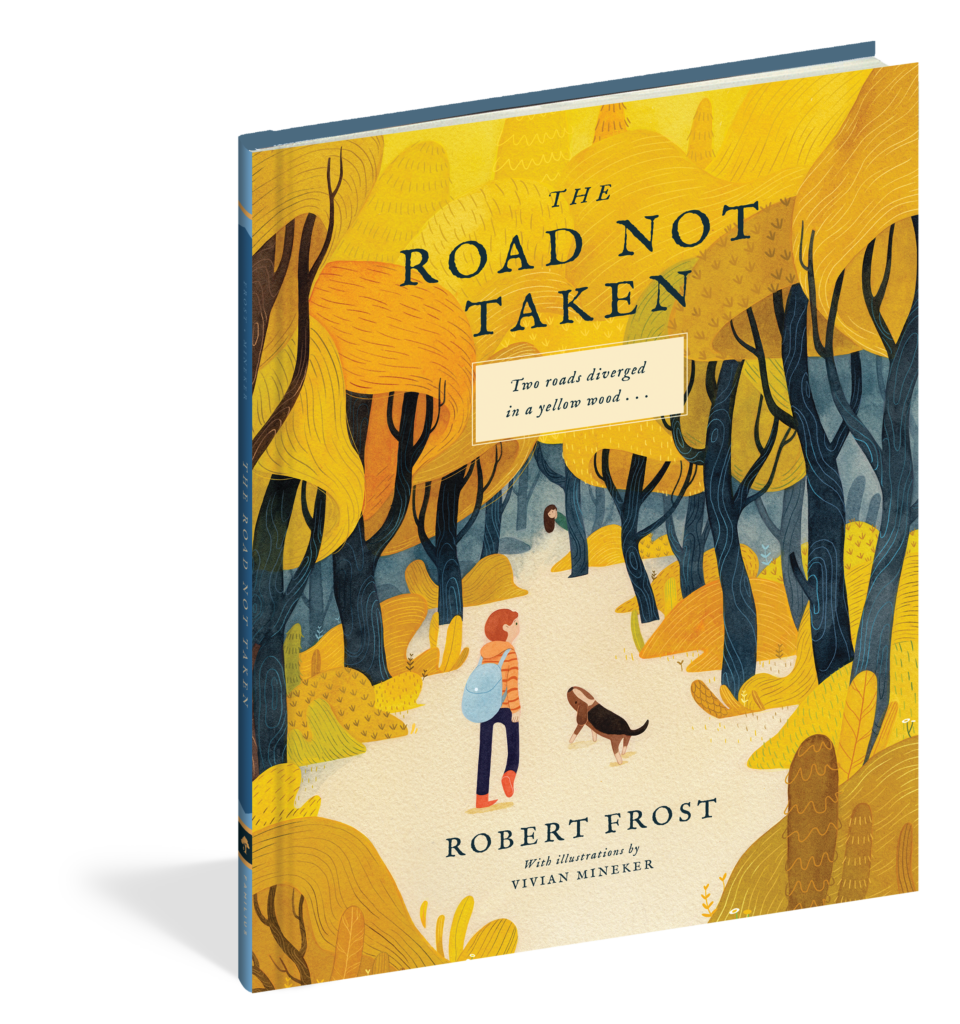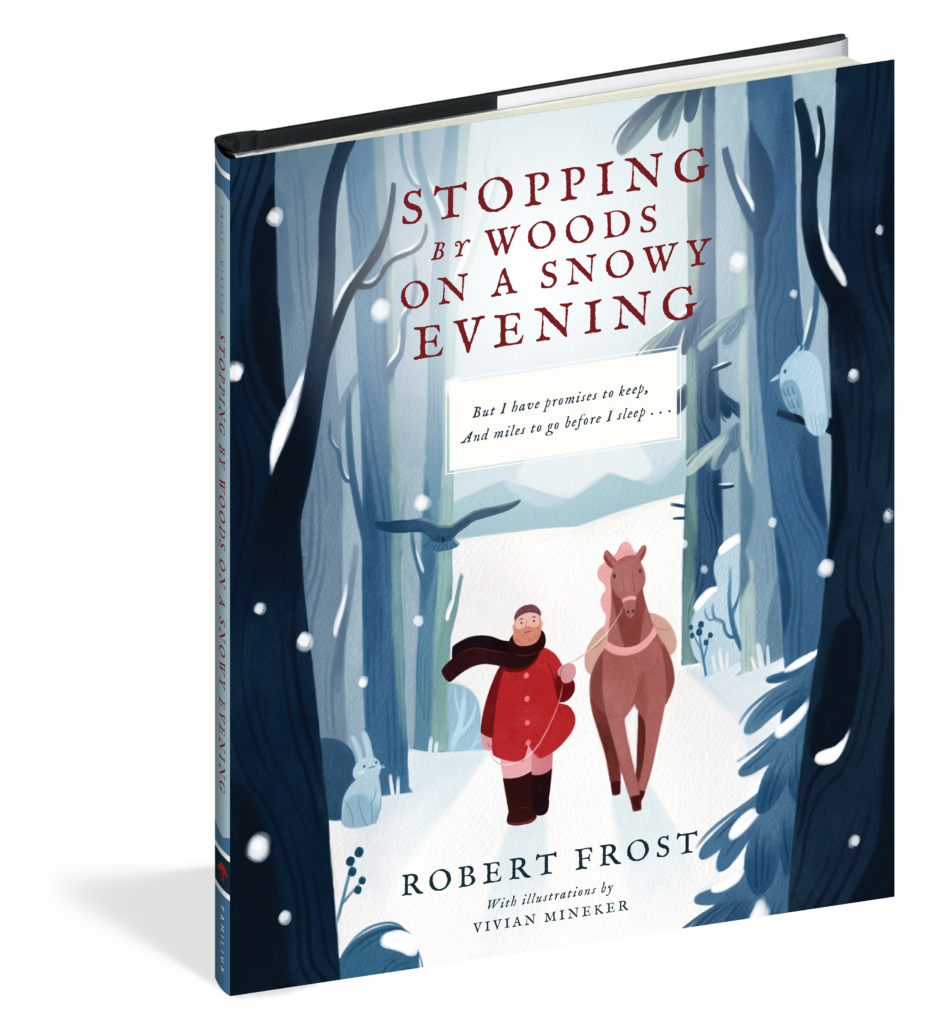
3 Essential Messages from Robert Frost’s “The Road Not Taken”
Use these three messages to get a better understanding of Robert Frost’s poem—for yourself or to help your child with homework.
The joy of poetry is that there’s more than one path you can take to the end. Much like the diverging paths in Robert Frost’s “The Road Not Taken,” there are three essential messages you and your children can get out of the poem:
1. Forge Your Own Path
Robert Frost’s “The Road Not Taken” opens with a difficult decision between two diverging paths. One was well-traveled, clearly beloved by many. And the other was “grassy and wanted wear.” As we all know, the narrator chose the path less traveled, and “that has made all the difference.” This idea celebrates the power of individual choice and the significance of personal decisions.
In the same way, we can encourage children to embrace their unique paths in life. Rather than imposing aspirations or expectations onto children, we can foster autonomy in an environment where children feel empowered to explore their interests, make choices, and forge their own destinies. By nurturing independence and respecting each child’s individuality, we can cultivate a sense of fulfillment and authenticity.
2. Embrace the Unknown
One path was well-traveled while the other was less. However, the narrator didn’t know either. The poem’s narrator is a traveler who wants to explore new places and is unsure of the outcome of their chosen route. This reflects the uncertainty and challenges that we encounter on our life journeys. Often, we don’t know what we will find at the end of a path or if a new path will begin.
Similarly, children can learn to embrace uncertainty and view challenges as opportunities for growth. Instead of shielding children from adversity, we can provide support and guidance, helping them develop resilience, problem-solving skills, and the confidence to navigate life’s twists and turns. By reframing setbacks as stepping stones to success, families can foster a mindset of optimism and perseverance.
3. Appreciate the Journey
Throughout Frost’s poem, the narrator never once regrets their decision. On the contrary, they praise the path for what one might consider its weaknesses. They claim that the less-trodden path was just as fair, that perhaps it was better because it “was grassy and wanted wear.” And in the end, the narrator reflects on their decision, acknowledging that their chosen path “has made all the difference.” This highlights the importance of introspection and mindfulness in evaluating life choices—and most importantly, the importance of appreciating the journey.
Reflecting on decisions, learning from experiences, and finding meaning in pursuits are all key to choosing happiness. By fostering a culture of reflection and gratitude within our families, we can instill a sense of mindfulness and appreciation for life’s blessings. Rather than fixating on outcomes or destinations, we can savor the richness of the journey itself, finding joy in the moments shared and lessons learned along the way.
Robert Frost’s poem touches on three very important life lessons we should teach our children. Can you find more?
Share Robert Frost’s Poems with Your Kids
(Psst . . . We love The Road Not Taken for graduations.)

The Road Not Taken

Stopping By Woods on a Snowy Evening
Shaelyn Topolovec earned a BA in editing and publishing from BYU, worked on several online publications, and joined the Familius family. Shae is currently an editor and copywriter who lives in California’s Central Valley.
